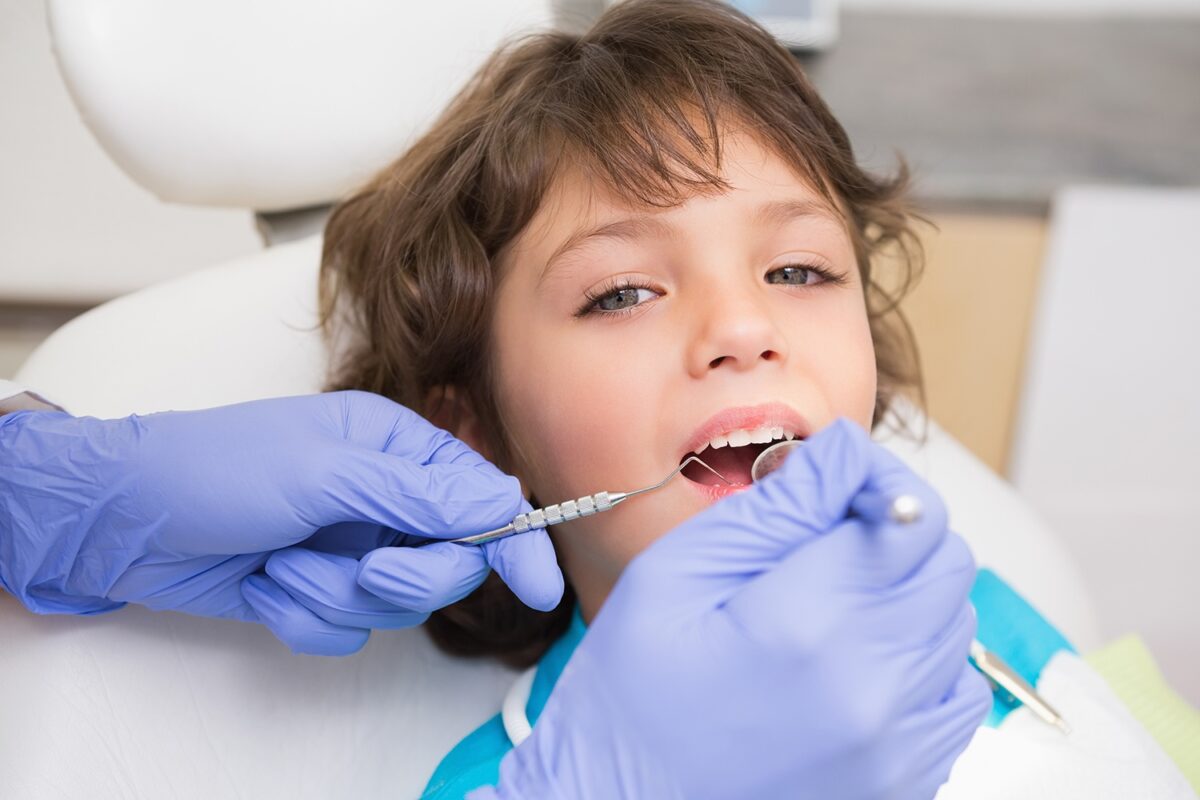The latest study is preceded by research, albeit limited research, that has linked oral health and different kinds of cancer.
A massive new UK study uncovered an unsettling link between poor oral health and an increased risk for liver cancer.
“Poor oral health has been associated with the risk of several chronic diseases, such as heart disease, stroke, and diabetes,” commented Dr. Haydée WT Jordão, who is the lead author of the study. “However, there is inconsistent evidence on the association between poor oral health and specific types of gastrointestinal cancers, which is what our research aimed to examine.”
The new report pulls from brain imaging and genomic data from 475,766 people over a six-year study period. Analyzing self-reported cases of bleeding and painful gums, loose teeth and mouth ulcers, the researchers enacted an investigation of the correlation between these conditions and risks for gastrointestinal cancers, namely liver cancer, colon cancer, rectal cancer, and pancreatic cancer. The study found zero notable associations with dental hygiene in all but one of the gastrointestinal cancers observed in the report.
The pervasion of hepatobiliary cancer
More than 800,000 people are diagnosed with liver cancer a year worldwide, making it one of the leading causes of death. Direct causes of hepatobiliary cancers are seldom able to be determined resolutely. Typically its development is factored by several underlying causes.
The latest study is preceded by research, albeit limited research, that has linked oral health and different kinds of cancer. A U.S study published back in 2017 found that women with a history of gum disease experienced a greater risk for tumors in the esophagus and in their breasts. Another independently conducted study observed a link between oral health and the development of pancreatic cancer in African American women.
Young people, women, individuals living in impoverished areas, and people that consumed less than two portions of fruits and vegetables a day evidenced the highest cases of poor oral health in the latest study conducted by researchers at Queen’s University Belfast. Although a high-risk increase was uncovered as a result of poor oral health, the researchers can only speculate as to why at the moment. Leading conjecture looks to the ever-perplexing gut microbiome. Since the liver is responsible for exterminating several harmful bacteria in the human body, it makes sense that bacteria could conversely play a role in inflicting prolonged damage to the body, in the event of the organ becoming compromised.
“One bacteria, Fusobacterium nucleatum, originates in the oral cavity but its role in liver cancer is unclear. Further studies investigating the microbiome and liver cancer are therefore warranted,”Jordão explained.
Another theory surmises that people with missing teeth, consume softer less nutritious foods to compensate, which ultimately makes the liver venerable to cell mutations. As it stands, of the 469, 628 participants studied, 4,069 developed gastrointestinal cancer during the six-year follow up, Thirteen percent of these expressed poor oral health at the start of the study period. More research needs to be conducted to support a causal influence behind the findings intimated in the United European Gastroenterology Journal
Book Appointment to find out which treatment might be best for you.


